by Professor Samba O Sow, Director General, Center for Vaccine Development – Mali
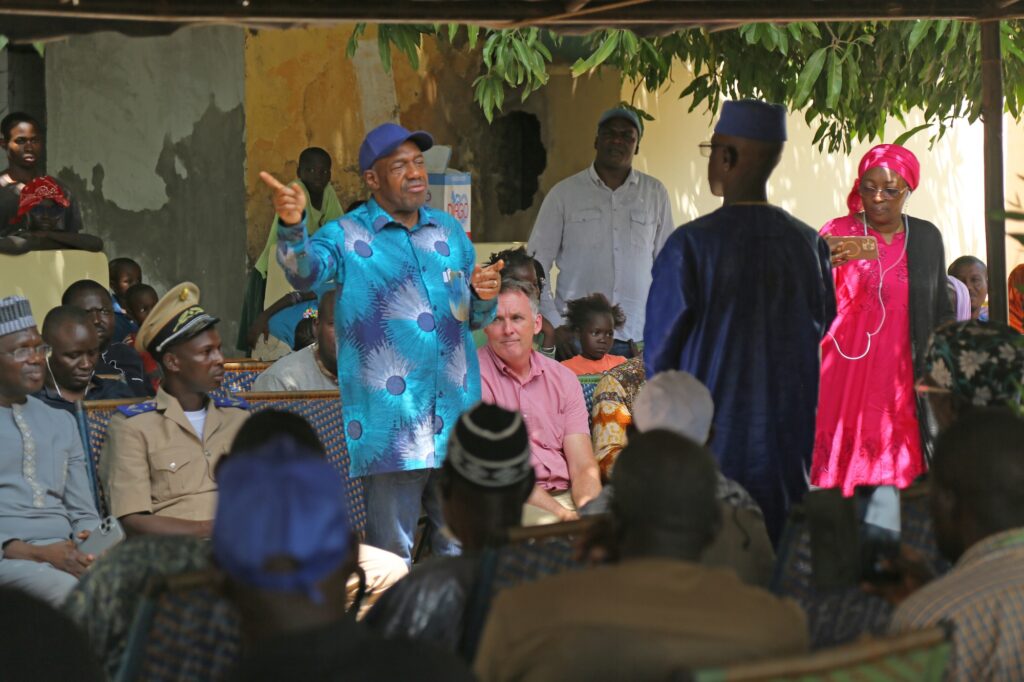
Child survival is coming to the fore as a major concern in Mali, as we seek to address the most persistent of challenges to our national health and development.
With the launch of the REACH Mali platform, which will ultimately be scaled up to cover the whole of the country, we are taking significant steps towards ensuring a future in which every Malian child has the opportunity to thrive.
From ambition to reality
REACH represents many of the key tenets of public health strategy in Mali: it delivers equitable health services, is community-led, and is rooted in primary healthcare.
And it is a platform that has been shaped at every point along the line by health leaders and political representatives from within Mali.
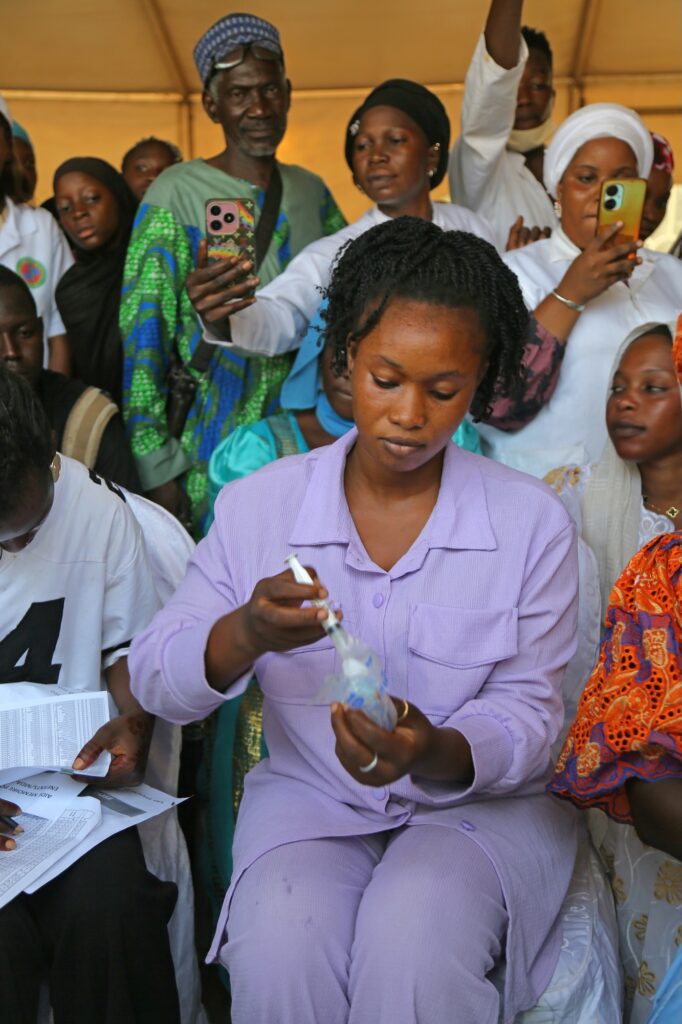
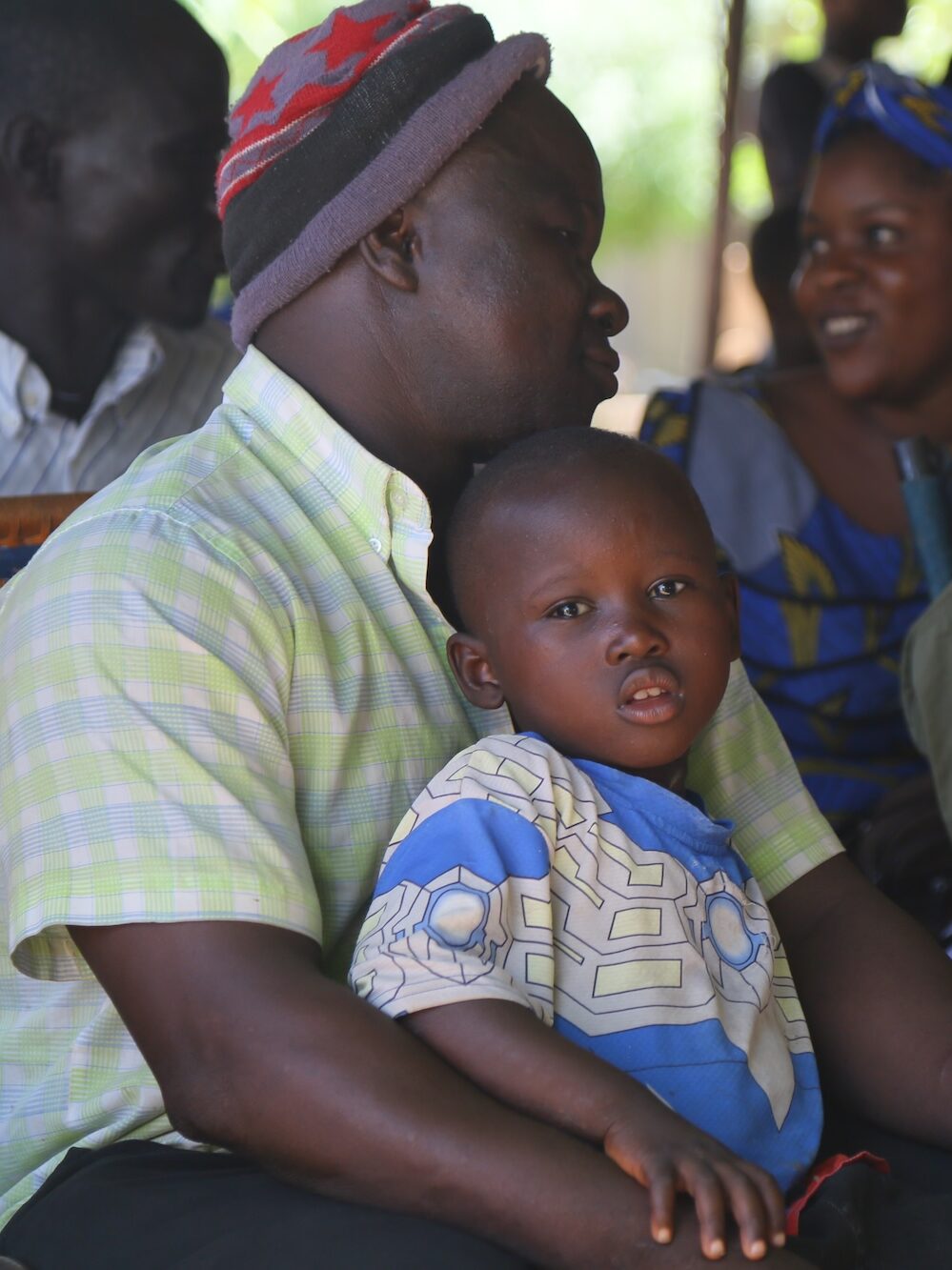
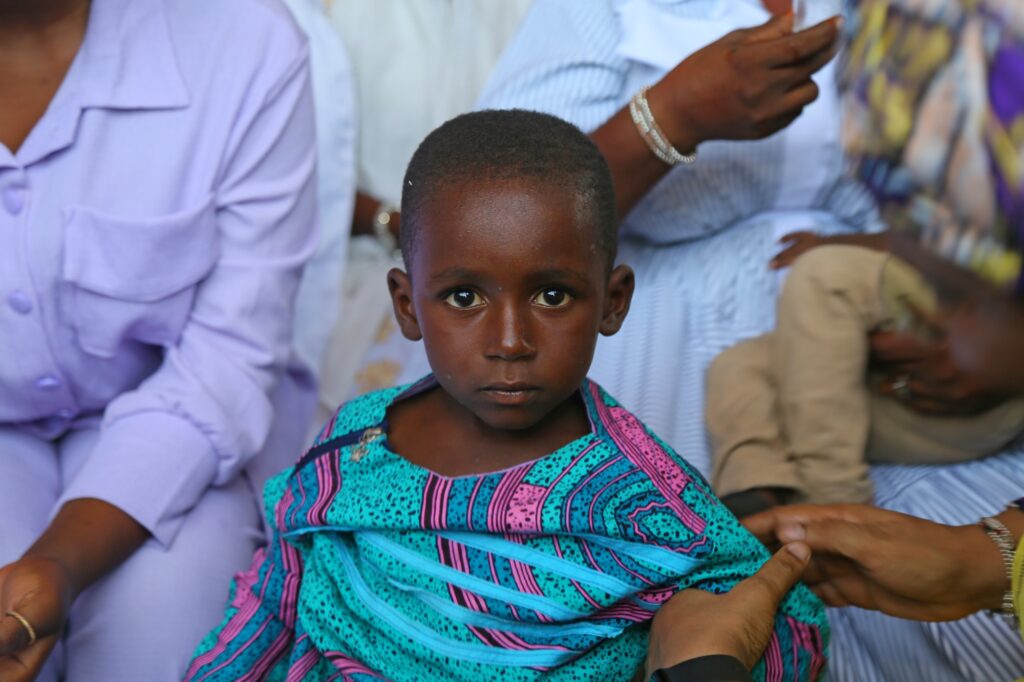
We are proud to work with our international partners, and are deeply grateful to the Gates Foundation, for essential support.
We know also that success on the ground can only be assured when Malian scientists and public health implementors play a full role in shaping the future of child health services.
Local ownership for national success
REACH Mali has been conceived – and will ultimately be implemented across the country – thanks to collaboration between some of our key Malian institutions.
These include the CVD-Mali, which I am proud to lead, the General Health Directorate (DGS), the Malian National Institute of Statistics (INSTAT), the national Nutrition Programme, and dedicated local health teams and staff in all of Mali’s regions.
REACH Mali builds on the Malian government’s Plan Stratégique pour la Santé Communautaire (“Strategic Plan for Community Health”) and brings together in one programme a whole suite of child survival interventions.
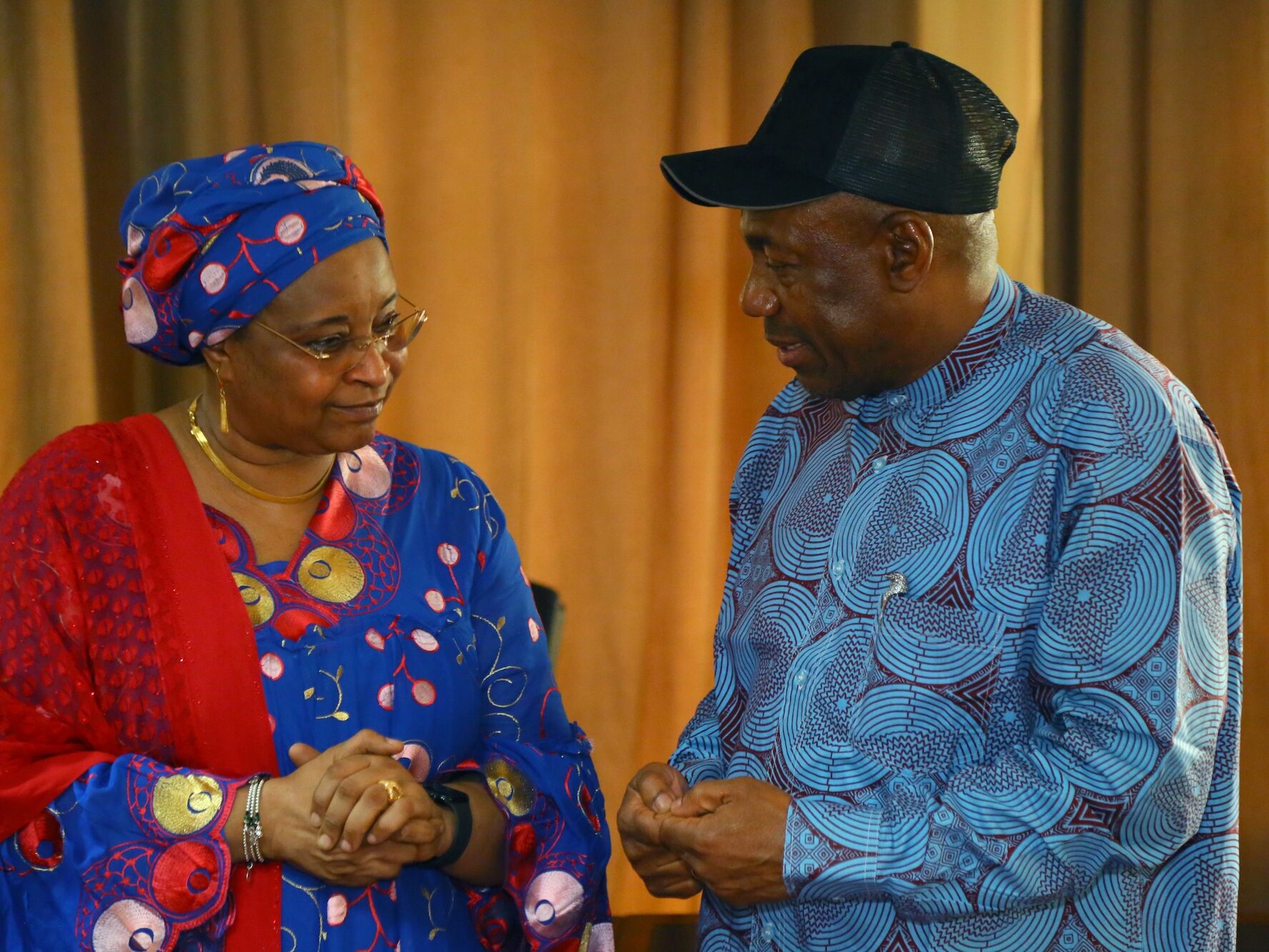
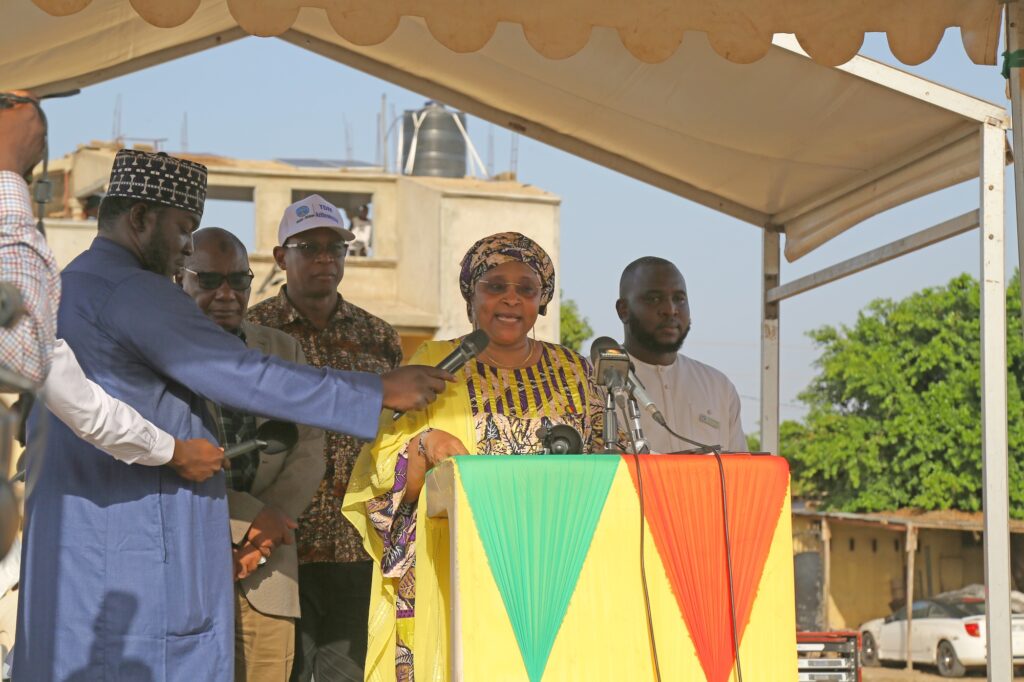
These include malaria prevention, routine immunization, nutritional support, surveillance of antimicrobial resistance, as well as the distribution of azithromycin, in one streamlined, community-based delivery system.
Systems, data and innovation
It is a source of great pride for all associated with REACH Mali that we will be able to benefit from innovative data-systems, and enhanced data collection and monitoring capabilities.
With support from INSTAT, the Malian National Institute of Statistics, and community-based data gathering, we will be able to use real-time health data to guide planning and allocation of resources.
This will enable REACH Mali – and other national programmes – to better anticipate needs and to deliver care more effectively, and this too will contribute to improvements to our health system which will be felt by all Malian citizens.
Trust, the core value
Community health workers are often the only point of care for rural and underserved populations, and this is particularly true in the case of mothers and young families.
The REACH programme is seeking to strengthen these points of contact by equipping health workers with essential tools – and medications – to enable service users to get a range of vital, life-saving treatments via one integrated source.
This is very much in keeping with the Malian government’s commitment to equity in health.
“REACH is building an approach based on trust and equity, so that even those families living in the hardest-to-reach areas can access the care they need.”

Colonel Dr Assa Badiallo Touré
Minister of Health and Social Development, Republic of Mali
Partnerships and common purpose
The REACH platform, and its rollout in Mali, has been made possible by a combination of political commitment, institutional alignment, and collaboration with dedicated and committed partners.
CVD-Mali is proud to work closely with researchers, with civil society, and with local citizens’ groups, such as the Associations de Santé Communautaires (“Community Health Associations”).
We are also proud to work alongside the Gates Foundation, and to put into practice, in a Malian context, the principles of evidence-based action, equity in delivery, and practical impact.
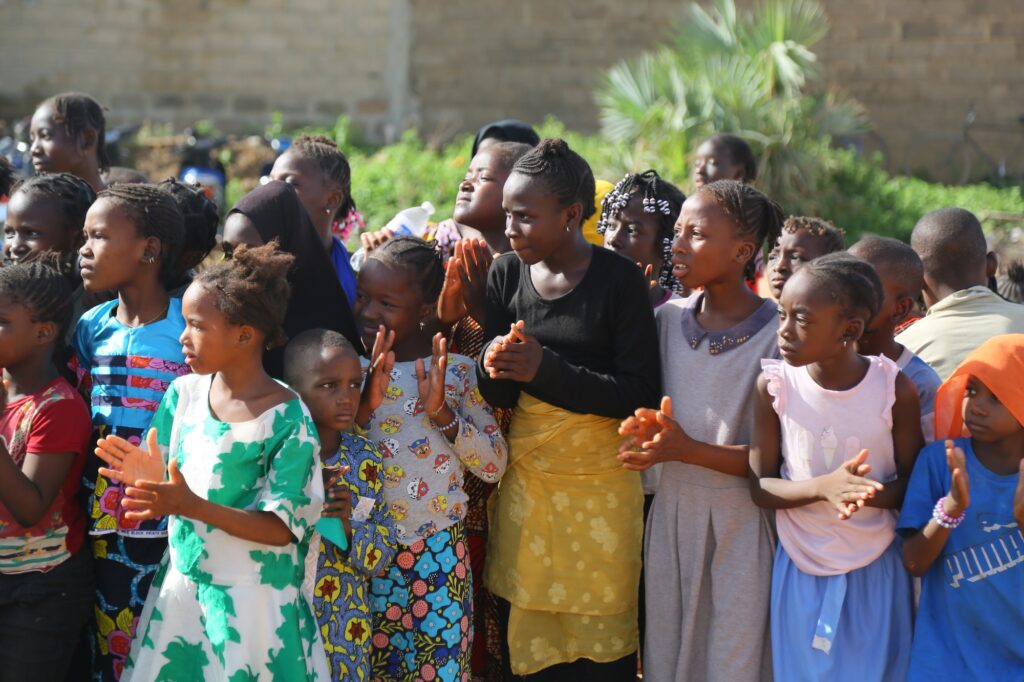
Scale-up, sustainability, and further integration
We look forward to the REACH platform taking in further regions across Mali until we have achieved full national coverage.
Instrumental in that process will be the strengthening of health worker training, improvements to supervision systems, and the building of robust supply chains so that we can maintain the continuity of care.
We are also working hard to establish sustainable financing models so that REACH Mali can be properly embedded in national budgets and frameworks.
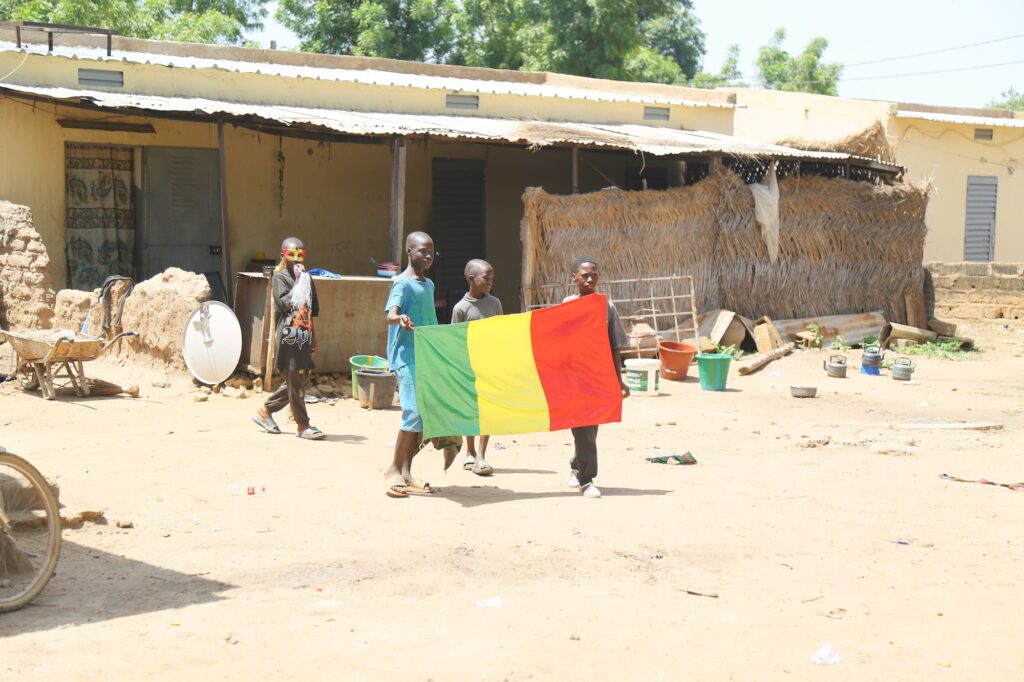
Ministerial platform
A REACH Ministerial Platform will encourage broader collaboration cross-sector collaboration, to include maternal and newborn health and the national malaria programme among others.
These additional elements will build on the strengths of REACH and follow the same core principles of trust and local ownership.
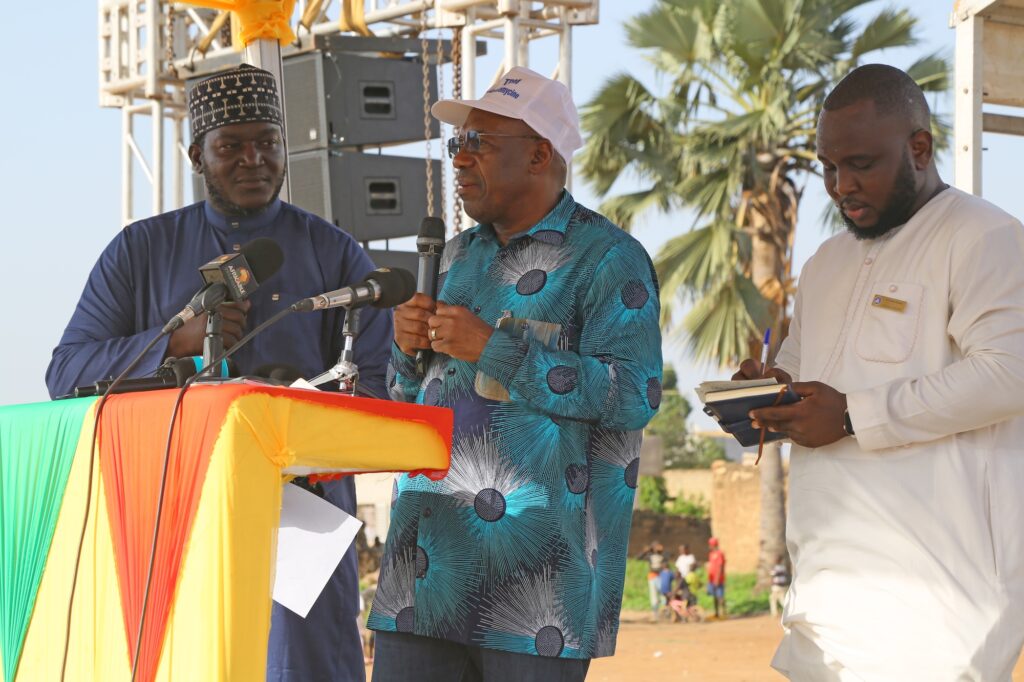
Foundations for the long term
As the central implementor of the REACH Mali programme, CVD-Mali has played – and will continue to play – a pivotal role in driving forward innovations and developments that will improve the health of Malian children in the years to come.
As an institution, we are thrilled to operate under the wider REACH banner, and to be members of the REACH Network of countries working together to improve child survival rates.
Central to that is ensuring that we have good working relationships with communities the length and breadth of Mali.
I am committed to making that happen and commit CVD-Mali to doing all it can to reach all our wonderful Malian communities.
I hope that this commitment will redefine the ways in which essential health services come to be delivered – and valued – by all.
Professor Samba Sow
